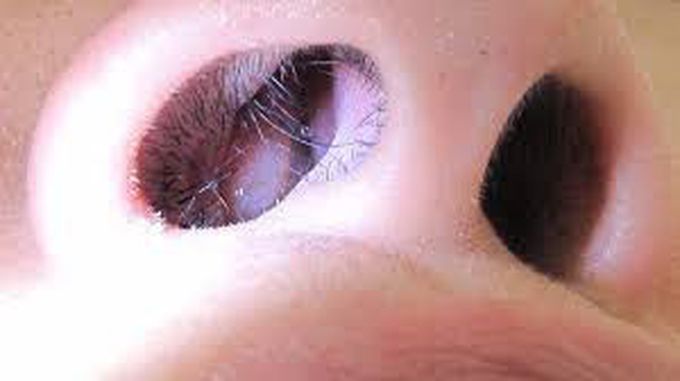


Treatment of nasal polyps
Chronic sinusitis, with or without polyps, is a challenging condition to clear up completely. You'll work with your health care team to develop the appropriate long-term treatment plan to manage your symptoms and to treat factors, such as allergies, that may contribute to chronic swelling (inflammation). The treatment goal for nasal polyps is to reduce their size or eliminate them. Medications are usually the first approach. Surgery may sometimes be needed, but it may not provide a permanent solution because polyps tend to recur. Medications Nasal polyp treatment usually starts with drugs, which can make even large polyps shrink or disappear. Drug treatments may include: Nasal corticosteroids. Your doctor is likely to prescribe a corticosteroid nasal spray to reduce swelling and irritation. This treatment may shrink the polyps or eliminate them completely. Nasal corticosteroids include fluticasone (Flonase Allergy Relief, Flovent HFA, Xhance), budesonide (Rhinocort), mometasone (Nasonex, Asmanex HFA), triamcinolone (Nasacort Allergy 24HR), beclomethasone (Beconase AQ, Qvar Redihaler, Qnasl) and ciclesonide (Omnaris, Alvesco, Zetonna). Oral and injectable corticosteroids. If a nasal corticosteroid isn't effective, your doctor may prescribe an oral corticosteroid, such as prednisone, either alone or in combination with a nasal spray. Because oral corticosteroids can cause serious side effects, you usually take them only for a limited period. Injectable corticosteroids may be used if nasal polyps are severe. Medication to treat nasal polyps and chronic sinusitis. If you have nasal polyps and chronic sinusitis, your doctor may give you an injection of a medication called dupilumab (Dupixent) to treat your condition. This medication may reduce the size of the nasal polyps and lessen congestion. Other medications. Your doctor may prescribe drugs to treat conditions that contribute to long-term swelling in your sinuses or nasal passages. These may include antihistamines to treat allergies and antibiotics to treat a chronic or recurring infection. Aspirin desensitization, under the care of an allergy specialist with experience in desensitization, may benefit some patients with nasal polyps and aspirin sensitivity. The treatment involves gradually increasing the amount of aspirin you take while under a doctor's care in a hospital or clinic to help your body tolerate taking aspirin long term.

